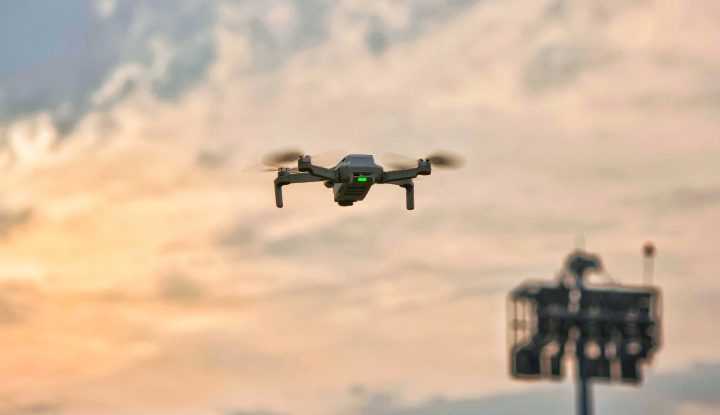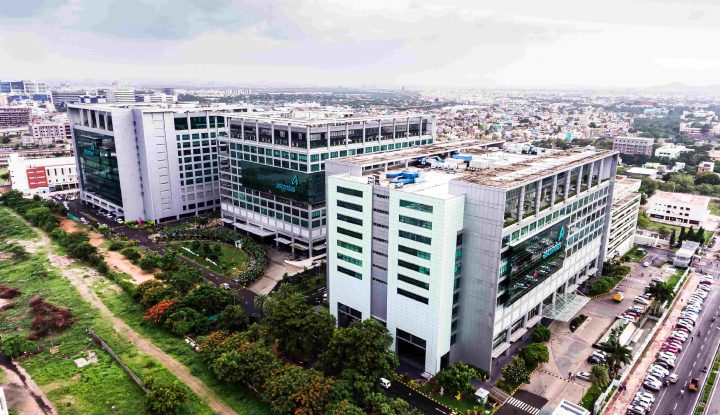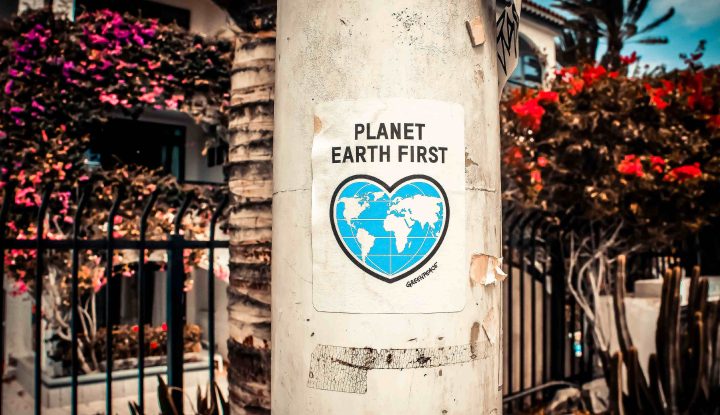Artificial Intelligence (AI) can usher in a new era of human resource management, leveraging data analytics, machine learning and automation, which has the potential to deliver operational efficiencies and provide improved outcomes. Not just that, it can also provide information, insights, and data in real-time, which will support HR practitioners in quicker decision-making. As per recent global research, it is estimated that 40% of the workforce will need to reskill within the next three years owing to advancements in AI. This transition represents an expansion in job opportunities. It is also interesting to note that 87% of the respondents believe that roles are more likely to be augmented than replaced by AI, with the potential impact varying depending on job function.
This transition will have a direct impact on HR departments, as it will create roles that require different skillsets that complement AI technologies, and as employees seek new jobs as their own roles change. The integration of AI into HR technology creates more possibilities for HR teams in this new business climate, driving innovation and automation, allowing HR practitioners to think about HR more strategically while still providing a human touch.
Today, companies are deploying machine learning (ML), natural language processing (NLP) and other AI technologies to automate human resources tasks and support decision-making. It enables a data driven approach to hiring, promotion and retention, which eliminates bias and enhances the job seeker and employee experience. This will also offer more tech-enabled, personalized, and productive hire-to-retire processes.
To read the full article, click here.
This authored article by Rency Mathew was published on ET HRWorld







